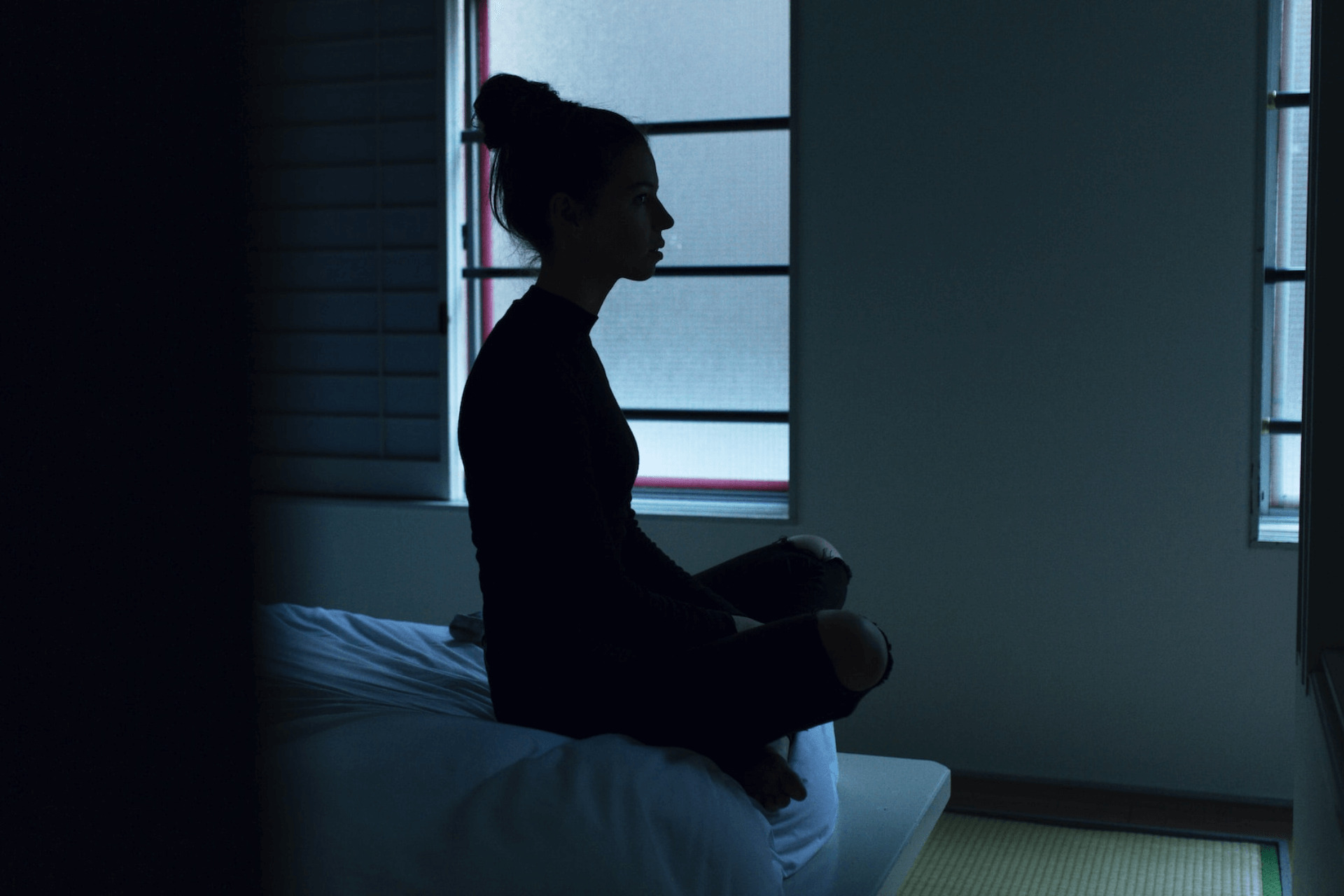Wellness • 11/03/2023
5 Best Sleep Meditation Techniques to Combat Sleep Deprivation

Revivalist is a reader-supported endeavor and our posts may contain affiliate links. When you buy through links on our site, we may earn an affiliate commission.
Getting enough sleep is critical for overall health. In a world of hustle culture, a good night’s rest differentiates successful, productive people from unproductive ones. If you want to get a good snooze but can’t because you have things to do or simply have bad pre-bedtime habits, sleep meditation may help fix this.
Importance of Sleep in Health
Sleeping is an everyday task, but many fail at this aspect, resulting in minor and major health problems. The body relies on rest for proper functions. If you lack shut-eye, it can lead to mental health problems, poor productivity, injuries and increase the risk of chronic conditions.
Roughly 50 to 70 million Americans have ongoing sleep disorders, proving that problems with sleep are prevalent. However, most people also underestimate these concerns, as sleep deficiency has become a lifestyle for many.
It’s worth noting that consistent disruption in sleep can increase the risk of kidney disease, high blood pressure, stroke, obesity and many more long-term conditions. It’s a global issue and is considered a public health epidemic by experts.
Sleep is crucial and if you have problems, consult your doctor for advice.
What Is Sleep Meditation?
People instinctively reach out for pills or supplements if they can’t fall asleep at night. While this option is acceptable, another natural remedy with zero side effects is sleep meditation.
Sleep meditation is a mind-body therapy that combines meditation techniques with mental work to achieve a relaxed state before sleeping. Most people go to bed with an overstimulated mind. Even if their head hits the pillow early at 9 or 10 p.m., they stay awake until 12 to 1 a.m. because their mind is in a constant loop of thoughts — enter sleep meditation.
Its goal is to soothe an agitated mind and move the body and mind into a calm state. It works by disrupting the cycle of anxious thoughts and introducing relaxation strategies to slowly power down the body and mind to prepare you for sleep.
Factors Affecting Sleep
Sleep meditation helps if you understand the factors that affect your sleep quality. Since sleep “quality” is mainly subjective, finding out what contributes to your lack of sleep is the first step to addressing the problem.
Each person has varying lifestyles, habits and needs, so this is a starting point to uncover some challenges and straighten them out.
- Irregular sleep schedule: Set a sleeping and waking up time every day to build the routine.
- Caffeine or alcohol: Limit your caffeine intake and avoid any stimulants before bed.
- Sleeping environment: Disconnect from devices hours before sleeping and ensure the bed is dark to promote an ideal sleep environment for relaxation.
- Drugs: Ask your doctor if your medications have side effects that can interrupt your sleep. If it does, elicit advice on some alternatives.
- Sleep disorders: Get treatment for insomnia and other sleeping disorders affecting your sleep quality.
Various Techniques to Use During Sleep Meditation
Sleep meditation leverages relaxation techniques to wind down the mind from overthinking and prepare the body for a restful sleep. You must choose a method that suits you. Here are some of your options.
1. Breathing Exercises
It’s the most common form of meditation. You start by breathing in and out deeply a few times after lying on the bed. Then, you slow down the pace of inhales and exhales until the tensions in the body are released, signaling to the brain it’s time for sleep.
2. Visualizations
They can be a powerful technique to support better sleep. As you lie down, imagine you’re in a peaceful place, like a beach or a mountain, or you’re doing something that makes you happy. As you focus on the calming images or scenes in your mind, you hypnotize the body to relax until you fall asleep.
3. Body Scanning
After lying down, take a few seconds to focus on the breath. Begin by scanning every part of your body mindfully and imagine you have a switch to release the tension. For instance, notice the toes and the sensations as they touch the bed or blanket. Then, picture in your mind turning off the switch, signaling the toes to relax and let go of any tension. Do this with the rest of your body until you’ve entirely unwinded.
4. Guided Meditation
Several options for guided meditations can induce sleepiness. You may be asked to listen to a calming sound, like the waves crashing or participate in a slow movement practice, such as light stretching. All of these are meant to help you relax and set the right mood for a restful night.
5. Retracing Your Day
Another way to ease tension is by retracing your day and recalling every action you did. It’s an excellent way to disrupt a worried mind and conclude your day. Start remembering what time you woke up, the first thing you did, what you ate for breakfast, and so on until you’ve powered down and relaxed a bit. Afterward, you can do a breathing exercise or another type of meditation to drift off.
Benefits of Sleep Meditation
Sleep meditation can impact your health and life. With enough rest, you can wake up refreshed, regenerated and with restored energy levels to take on another day. Here are its essential benefits.
- Helps set the mood for sleep: If unfinished tasks or a long list of to-do’s keep you awake at night, sleeping meditation helps put an end to the day and signals the mind to move on to the next stage, which is sleeping.
- May help fix sleep problems: A study found that meditation can evoke a relaxation response and help you get quality shut-eye.
- Boost brain health: Sleep is essential for cognitive health. That’s why your doctor often suggests you get enough every time you visit for a checkup. By leveling up your sleep habits, including practicing sleep meditation, you can protect your brain.
- Ease anxiety and worries: If daily problems or other responsibilities make you feel anxious and worried, a few minutes of sleep meditation to calm the mind can shut it down from overthinking and allow you a restful night.
Sleep Meditation Helps Improve Sleep Quality
If you find it challenging to relax the body and shut off the mind when you hit the sack, consider sleep meditation as part of your routine. Do a breathing exercise, visualization or another strategy to release unnecessary thoughts and worries that make you feel stressed.
It can be challenging to do at first, but you get better at taming the mind as you meditate more. If a sleep disorder causes sleep deficiency, work with your doctor or a sleep expert to resolve it.
Subscribe to Our Weekly Newsletter
We would love to connect deeper with you!


